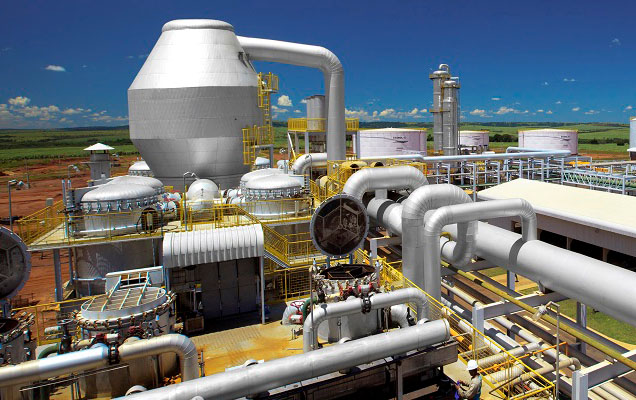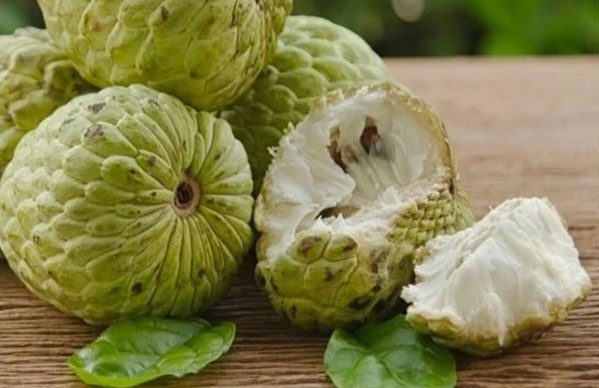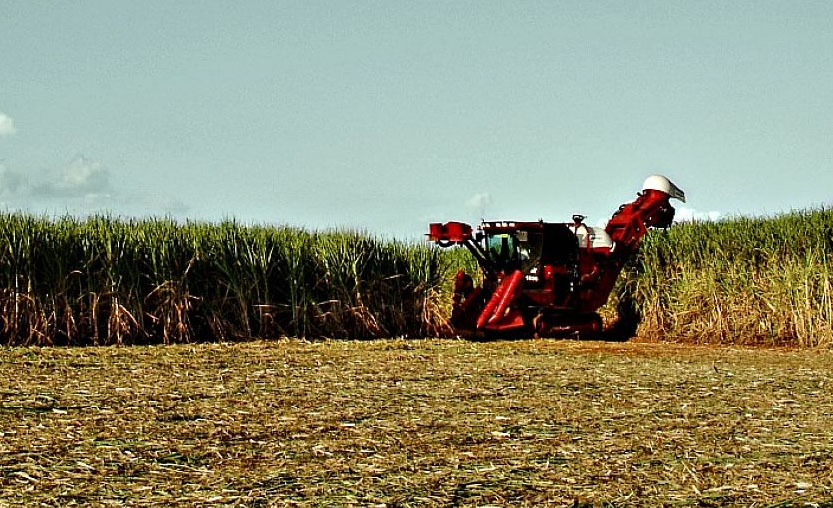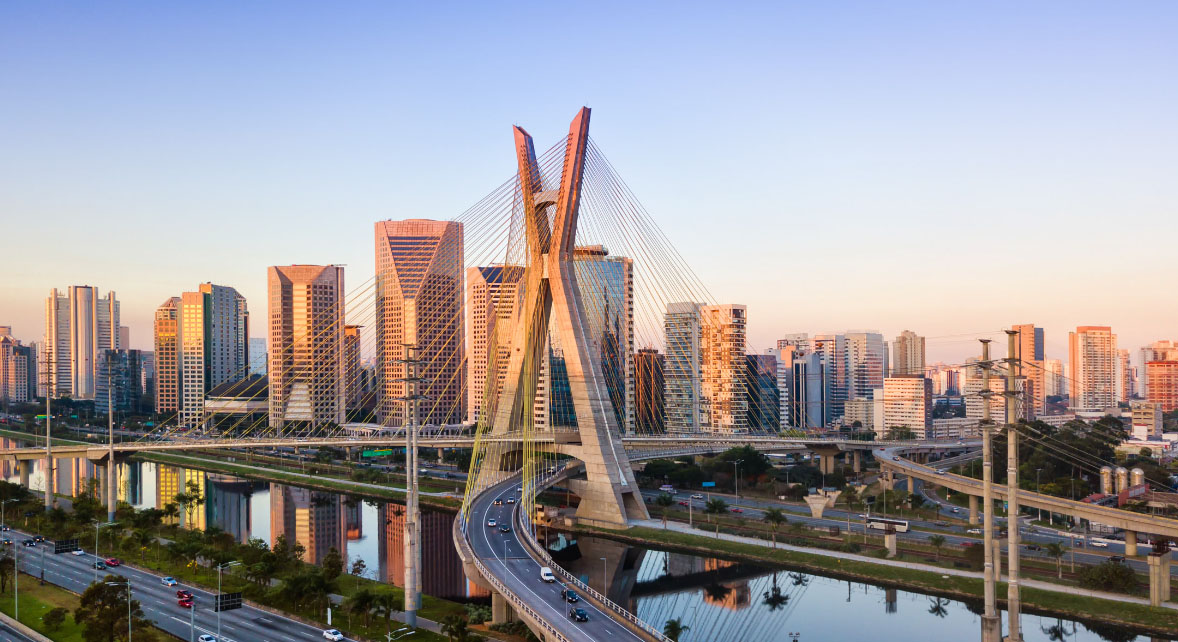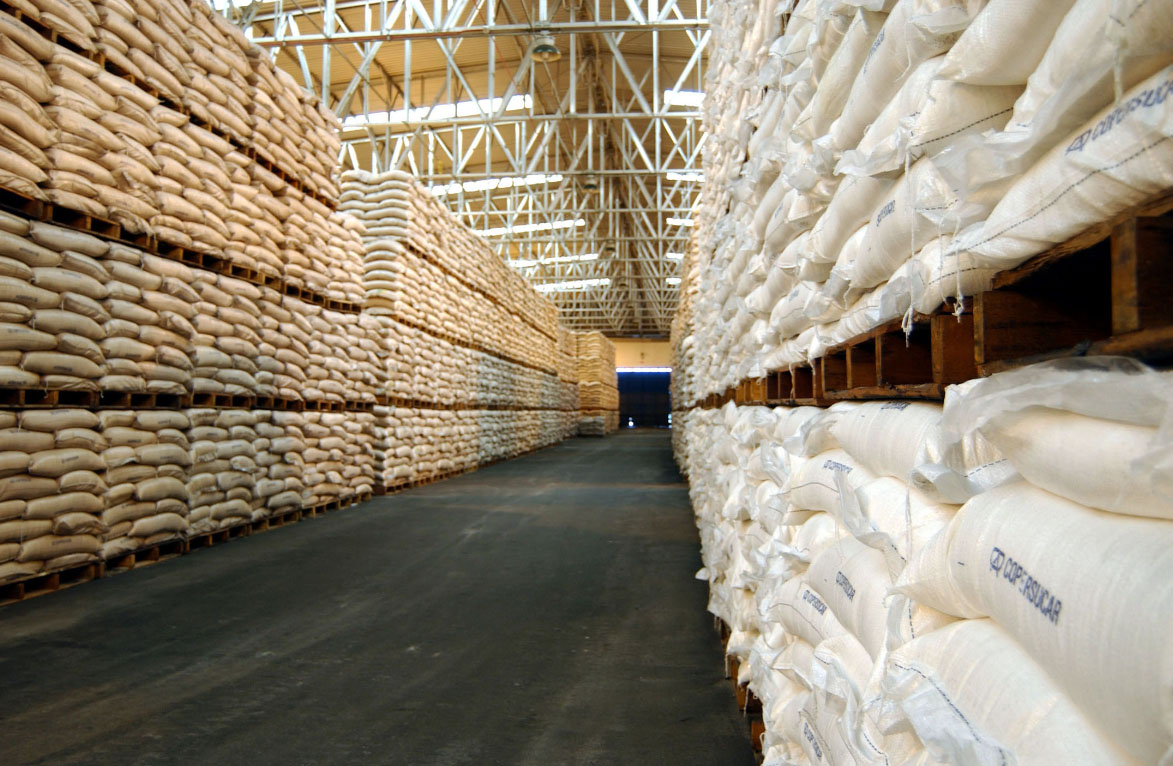Brazil,
known for its samba rhythms and Carnival celebrations, has another claim to
fame – its booming sugar industry. The sugar industry in Brazil has deep
historical roots and continues to be a global powerhouse, impacting not only
the nation’s economy but also the world’s sugar market. In this blog post, we
will journey through the vibrant world of the sugar industry in Brazil,
uncovering its historical significance, key players, sustainability efforts,
and the enduring role it plays in the nation’s cultural and economic landscape.
Historical
Significance
Colonial
Legacy: The sugar industry in Brazil can trace its origins back to the colonial
period when Portuguese settlers introduced sugarcane cultivation to the region.
Sugar was one of the primary exports during this era.
Economic
Backbone: Sugar was a driving force of Brazil’s economy during the colonial
period, leading to the establishment of vast sugar plantations and mills.
Key Players
in the Sugar Industry
Sugar Mills
and Refineries: Brazil is home to numerous sugar mills and refineries
responsible for processing sugarcane and producing various types of sugar,
including white, brown, and specialty sugars.
Ethanol
Production: In addition to sugar, the Brazilian sugar industry is integral to
the production of sugarcane-based ethanol, which fuels the nation’s transport
sector.
Sustainability
and Environmental Responsibility
Responsible
Farming: The Brazilian sugar industry is actively engaged in sustainable
farming practices to minimize the environmental impact of sugarcane
cultivation. These efforts include responsible land use and water management.
Renewable
Energy: Many sugar mills utilize sugarcane waste, known as bagasse, to generate
renewable energy. This not only powers the mills but often results in surplus
electricity that can be supplied to the grid.
Brazil’s
Global Impact
Global
Exports: Brazil consistently ranks among the world’s leading sugar exporters,
supplying a wide range of sugar products to markets around the globe.
Market
Influence: Brazil’s position as a global sugar supplier has a substantial
influence on international sugar market dynamics, impacting prices, trade
patterns, and global trade agreements.
Sustainability
Initiatives
Eco-Friendly
Practices: The Brazilian sugar industry is actively involved in adopting
eco-friendly practices, including responsible land management, reduced water
consumption, and efforts to preserve biodiversity.
Clean
Energy: Sugarcane-based ethanol, a significant product of the sugar industry,
is a crucial component of Brazil’s clean energy sector, contributing to the
reduction of greenhouse gas emissions.
A Promising
Sweet Future
Sustainable
Practices: The Brazilian sugar industry is poised to play a pivotal role in the
future of renewable energy, environmentally responsible agriculture, and global
sustainability efforts.
Market
Adaptation: As the world embraces sustainable practices and eco-friendly
solutions, Brazil’s sugar industry is prepared to adapt to market trends and
evolving consumer demands.
Conclusion
The sugar
industry in Brazil is more than a sector of production; it’s a legacy of
historical significance and a testament to the nation’s ongoing commitment to
sustainability. With a rich history and a bright future, the Brazilian sugar
industry continues to be a global leader, contributing not only to the nation’s
economy but also to the worldwide movement towards responsible and sustainable
sugar production. The sweet journey of the sugar industry in Brazil is one of endurance,
innovation, and the harmonious balance between economic prosperity and
environmental responsibility.

